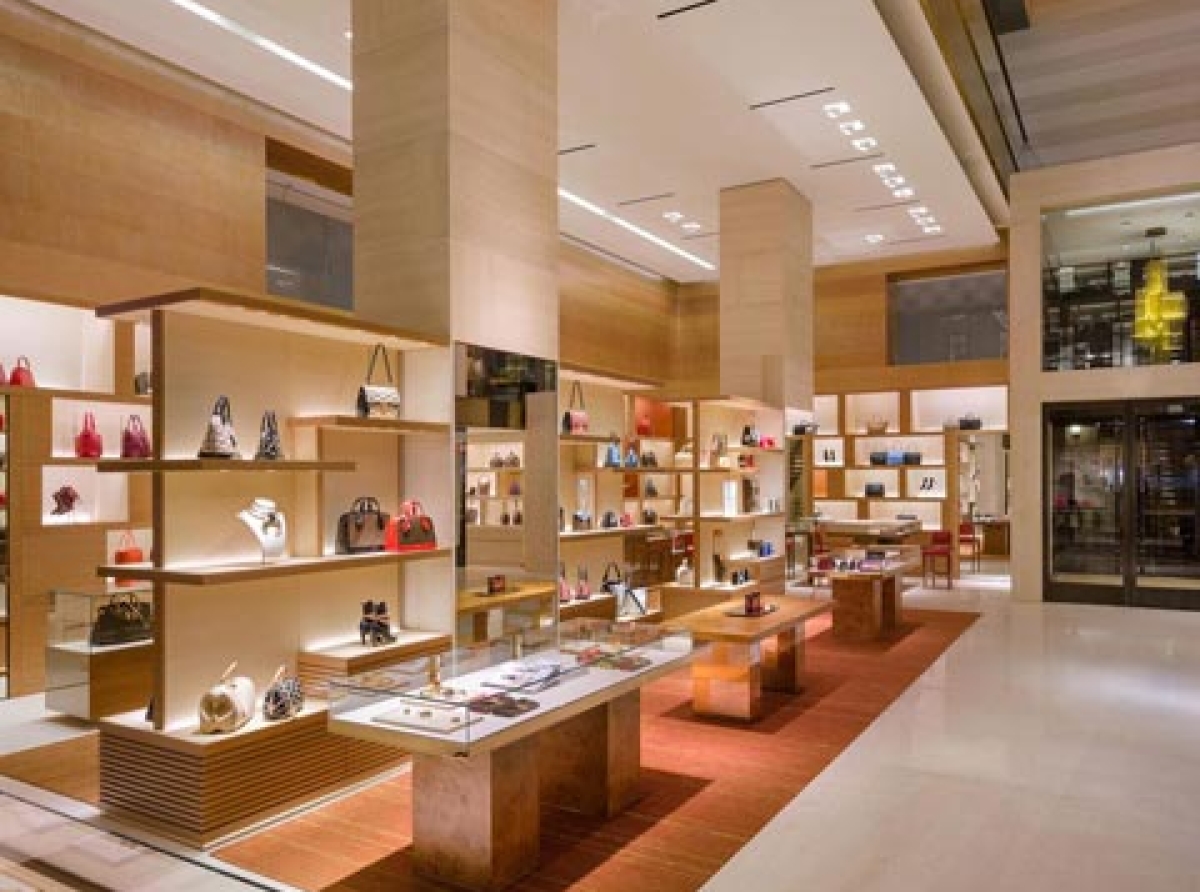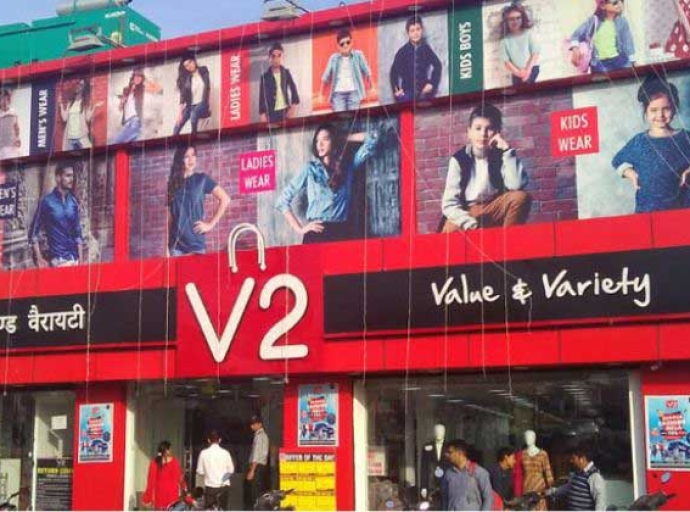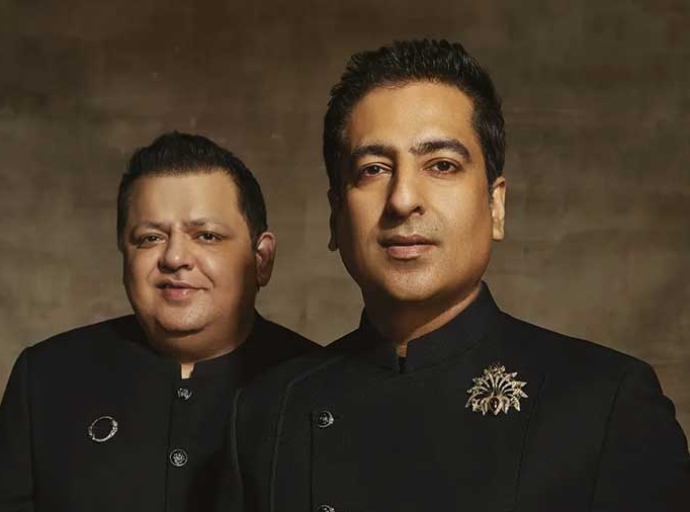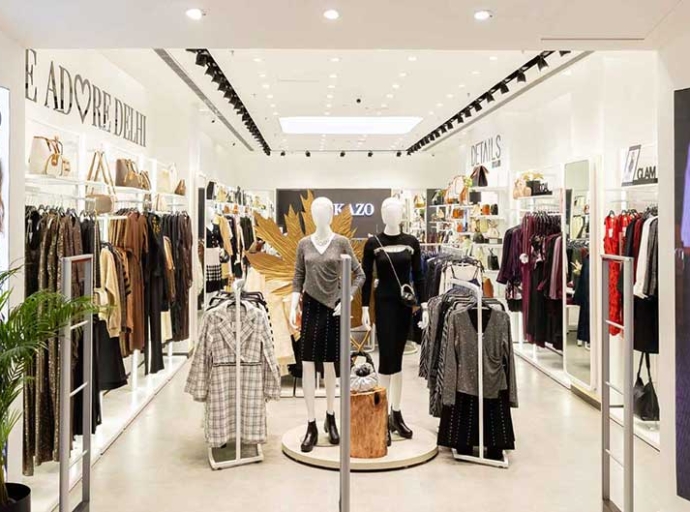India’s booming luxury market becomes a new frontier for high-end brands

06 December 2024, Mumbai
A new report by CXG, ‘India Unveiled: The Glittering New Luxury Frontier’, showcases India's emergence as a global luxury powerhouse. With affluent class on the rise and a rapidly growing economy, India's luxury market is changing fast, throwing up new opportunities for both domestic and international brands. "Forget the old clichés," says Anika Sharma, CXG's lead analyst for the report. "India's luxury landscape is no longer just about traditional craftsmanship and heritage. We're seeing a dynamic, modern ecosystem defined by innovation, opulence, and a truly global outlook."
The rise and rise of luxury in India
The CXG report says India's luxury market is projected to reach $180 billion by 2030, growing at a CAGR of 10-12 per cent. A significant portion of luxury consumers are young, tech-savvy, and highly aspirational, driving demand for everything from high-end fashion and accessories to luxury cars and experiences. Luxury consumers are increasingly seeking unique and personalized experiences, such as bespoke travel, fine dining, and exclusive events. E-commerce is playing a pivotal role in the luxury market's growth, with online platforms providing access to a wider range of brands and products. As Isha Ambani, Director, Reliance Retail opines, "India is the next big growth story in luxury. The combination of a young population, rising incomes, and increasing digital penetration is creating a perfect storm for the industry."
Table: Projected growth of India's luxury market
|
Year |
Market size ($bn) |
|
2023 |
$80 |
|
2025 |
$110 |
|
2030 |
$180 |
Tier II, III cities stir growth
One of the most striking trends is the increasing influence of Tier II, III cities in India’s luxury narrative. Cities like Jaipur, Chandigarh, and Surat are experiencing a surge in demand for high-end products, thanks to improved connectivity and rising disposable incomes. CXG’s study cites Siddharth Singh, a 35-year-old entrepreneur from Jaipur, who recently invested in a limited-edition Swiss watch: "Luxury is no longer confined to the metros. We want unique experiences and products that reflect our aspirations." Luxury brands such as Louis Vuitton and Gucci are adapting by opening stores in smaller cities and creating localized campaigns that resonate with regional sensibilities.
For example, India's booming wedding industry, known for its lavish celebrations, presents a significant opportunity for luxury brands. The report highlights the case of The Leela Palaces, Hotels and Resorts, which has successfully tapped into this market by offering bespoke wedding packages that include designer couture, personalized décor, and Michelin-star catering. "Indian weddings are no longer just about tradition," says Rajiv Kaul, President of The Leela. "They are a statement of style and individuality. We are seeing a growing demand for highly personalized and curated experiences that reflect the couple's unique tastes and aspirations."
What’s more, digital platforms are playing a pivotal role, with 70 per cent of luxury purchases being influenced by online channels in 2023, this figure is expected to rise to 85 per cent by 2026. Social media platforms like Instagram and influencer collaborations are bridging the gap between brands and consumers.
Sustainability too is no longer a buzzword but a demand. Indian consumers are showing a preference for eco-friendly luxury products, with 48 per cent willing to pay a premium for sustainable options. Online retailers like Tata CLiQ Luxury have launched initiatives to promote slow fashion and ethical sourcing. Experiential luxury is another growing trend. From exclusive wine-tasting events to personalized yacht vacations, Indian HNIs (High Net-Worth Individuals) are spending more on experiences than tangible goods.
Despite promising growth, the report outlines challenges, including regulatory hurdles, counterfeit goods, and the need for better infrastructure in smaller cities. However, the opportunities outweigh the obstacles. "For international brands, understanding the nuances of the Indian market is crucial. Building strong local partnerships and offering personalized experiences will be key to success," says Sanjay Kapoor, Chairman, Genesis Luxury.
With its unique blend of tradition and modernity, India is poised to emerge a major global luxury market. Brands that can navigate the intricacies of this diverse and dynamic market stand to reap significant rewards in the years ahead.
Latest Publications

































